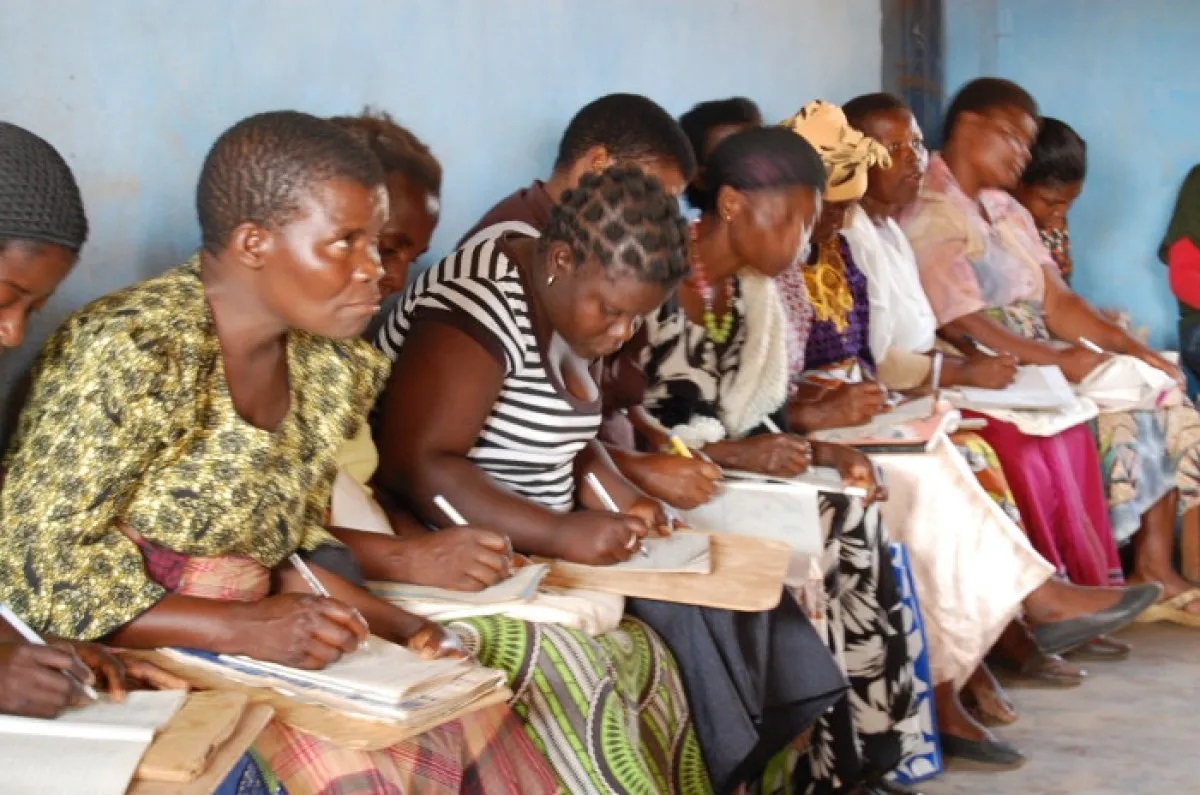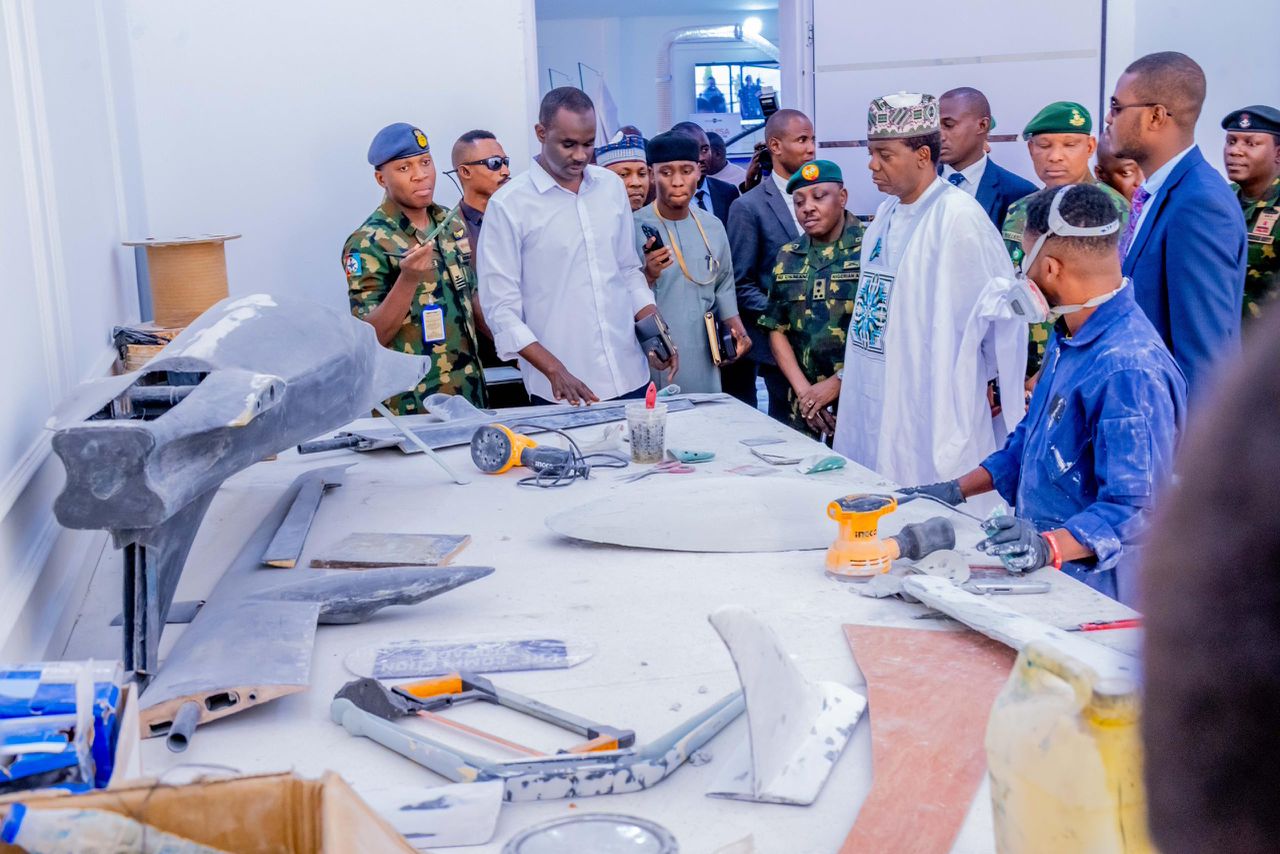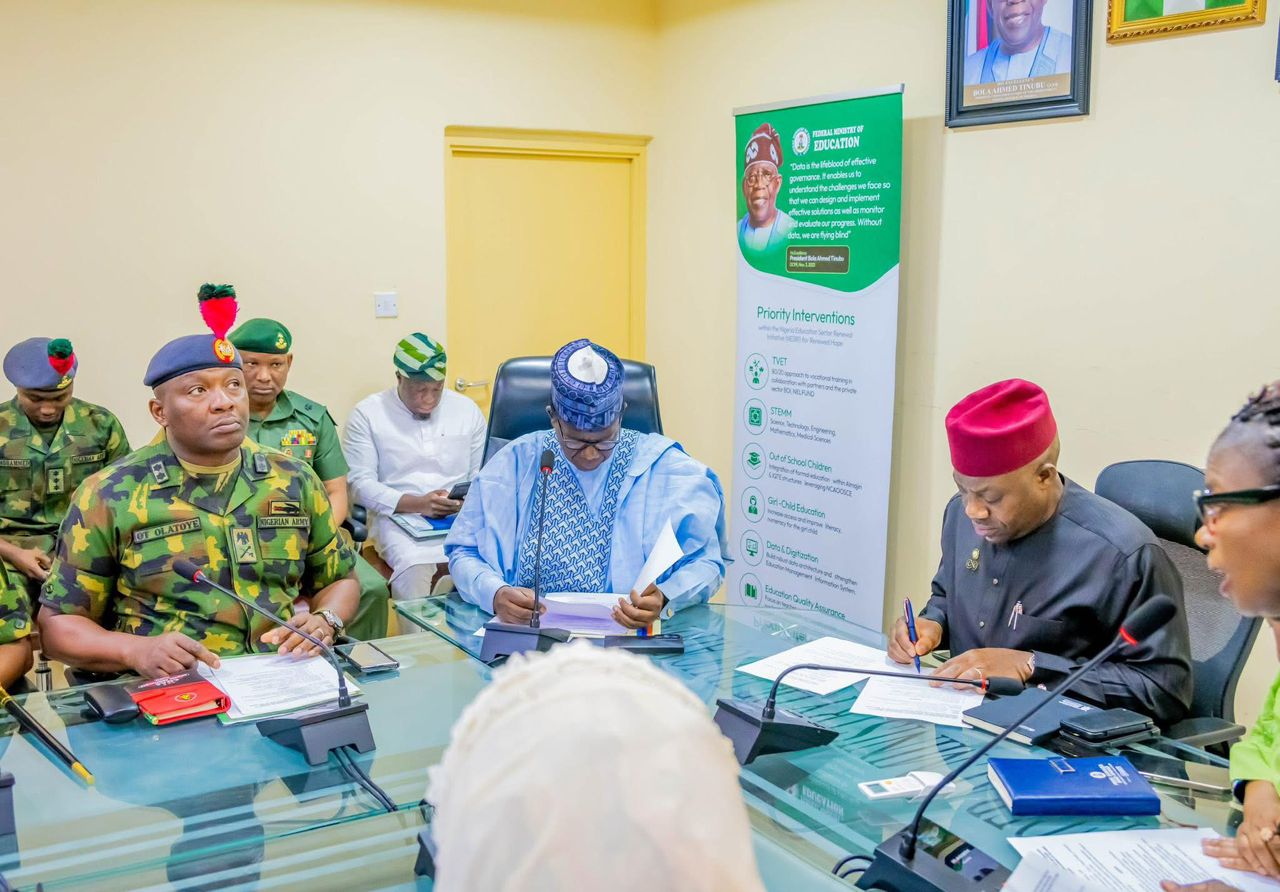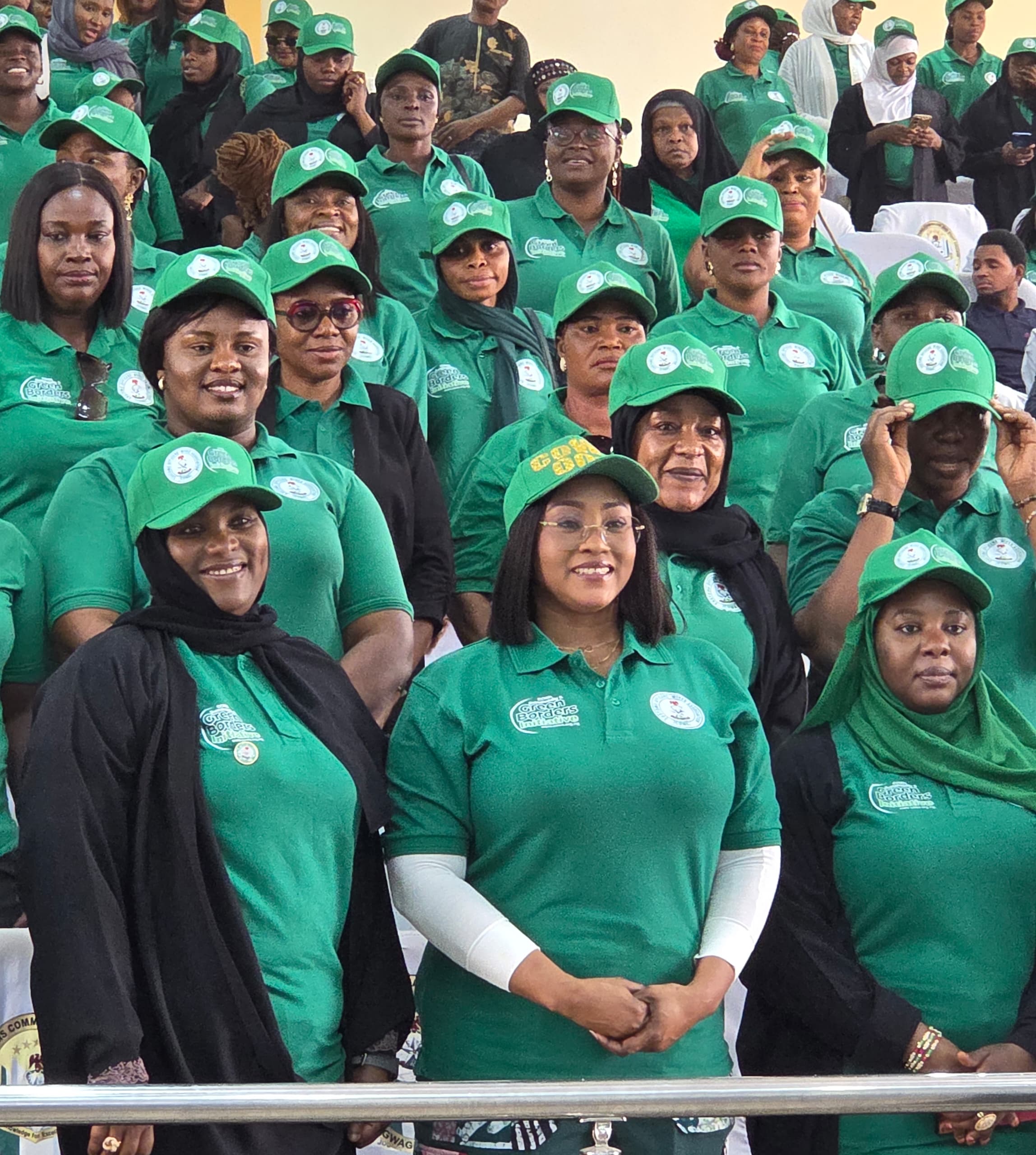More than 60 million adults in Nigeria remain without basic literacy or numeracy skills, a situation described by officials as a “daunting national challenge” that undermines economic inclusion and social progress.
Professor Musa Garba-Maitafsir, Executive Secretary of the National Commission for Mass Literacy, Adult and Non-Formal Education (NMEC), disclosed the figure in Kano on Tuesday at the opening of the Nigeria National Council for Adult Education (NNCAE) annual conference.
“Adult education is no longer an afterthought or a remedial option; it is a strategic lifeline that empowers individuals,” he told delegates, adding that education was essential to restoring dignity, reducing poverty, and strengthening citizenship.
The conference, held at Bayero University, comes under the theme “The Future of Adult Learning in Nigeria: Leveraging the 5th Industrial Revolution for Inclusive, Equitable, and Sustainable Development.”
Garba-Maitafsir argued that literacy must be placed at the centre of Nigeria’s response to poverty, inequality, and insecurity. He linked the challenge to broader global targets, calling for alignment with the UN Sustainable Development Goal 4, which seeks inclusive and quality education for all.
He also praised the efforts of adult education advocates, urging continued innovation and collaboration to ensure “no adult is left behind.”





